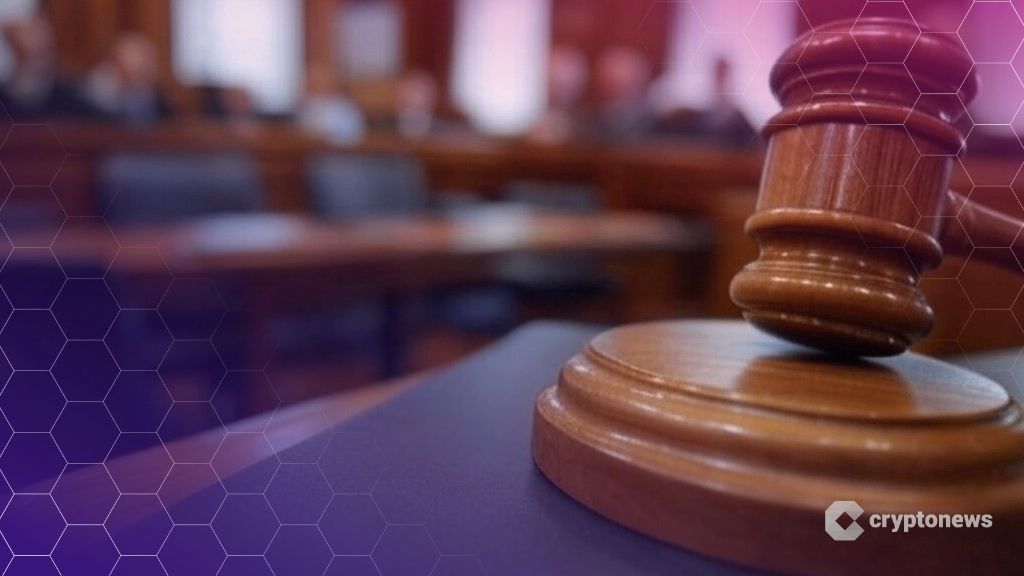Last updated:
 Why Trust Cryptonews
Why Trust Cryptonews

Tether, the world’s largest stablecoin issuer, is actively engaging with U.S. lawmakers to help shape federal regulations for the stablecoin sector.
According to Fox Business reporter Eleanor Terrett, the company has been in discussions with Representatives Bryan Steil and French Hill, key figures behind the STABLE Act introduced on Feb. 6.
Tether CEO Paolo Ardoino reportedly confirmed that the company is also seeking to contribute to two additional stablecoin bills proposed by other legislators.
“We are not going to just throw in the towel and let Tether die just for the sake of not adapting to U.S. legislation. But there is still a lot of uncertainty over what’s actually going to happen, and we want our voice to be heard in the legislative process.”
Tether Faces U.S. Compliance Hurdles Amid Regulatory Scrutiny
Compliance with U.S. regulations would require Tether to maintain one-to-one asset backing for its tokenized fiat equivalents and conduct monthly reserve audits through a U.S.-based accounting firm, Terrett reported.
Tether’s involvement in the regulatory debate follows recent discussions between crypto industry executives and the Securities and Exchange Commission (SEC) over broader regulatory concerns.
The Trump administration has also pushed for stablecoin issuers to establish operations within the U.S.
Federal Reserve Governor Christopher Waller recently weighed in on stablecoins, arguing that U.S. dollar-pegged digital assets could strengthen the dollar’s global dominance.
“Stablecoins will broaden the reach of the dollar across the globe and make it even more of a reserve currency than it is now,” Waller said in a Feb. 6 interview.
Stablecoin issuers have emerged as significant buyers of U.S. government debt, using Treasury securities to overcollateralize their tokens and sustain dollar demand in global markets.
However, Waller cautioned against potential risks, including de-pegging events and the fragmentation of the stablecoin sector, calling for a balance between innovation and regulatory safeguards.
Stablecoins Play an Important Role in Financial Ecosystem
Waller claimed that stablecoins already play an important role in the financial ecosystem.
They provide a stable store of value for crypto traders, facilitate access to US dollars in high-inflation economies, enable faster cross-border payments, and have shown early but promising use cases in retail transactions.
Earlier this month, while speaking at the Atlantic Council, Waller referred to stablecoins as “synthetic dollars”, comparing them to commercial bank money and highlighting their ability to open up new payment possibilities.
He noted that if stablecoins can foster competition, broaden financial inclusion, reduce transaction costs, and make payments faster and more efficient, then they should be embraced.
More recently, Federal Reserve Chair Jerome Powell affirmed the central bank’s support for developing a regulatory framework around stablecoins during a Senate hearing on February 11.
Powell stated that the Federal Reserve supports the creation of a regulatory framework for stablecoins, noting the importance of protecting consumers and savers.
He acknowledged that the future of stablecoins remains uncertain but noted their potential use by both consumers and businesses.
















